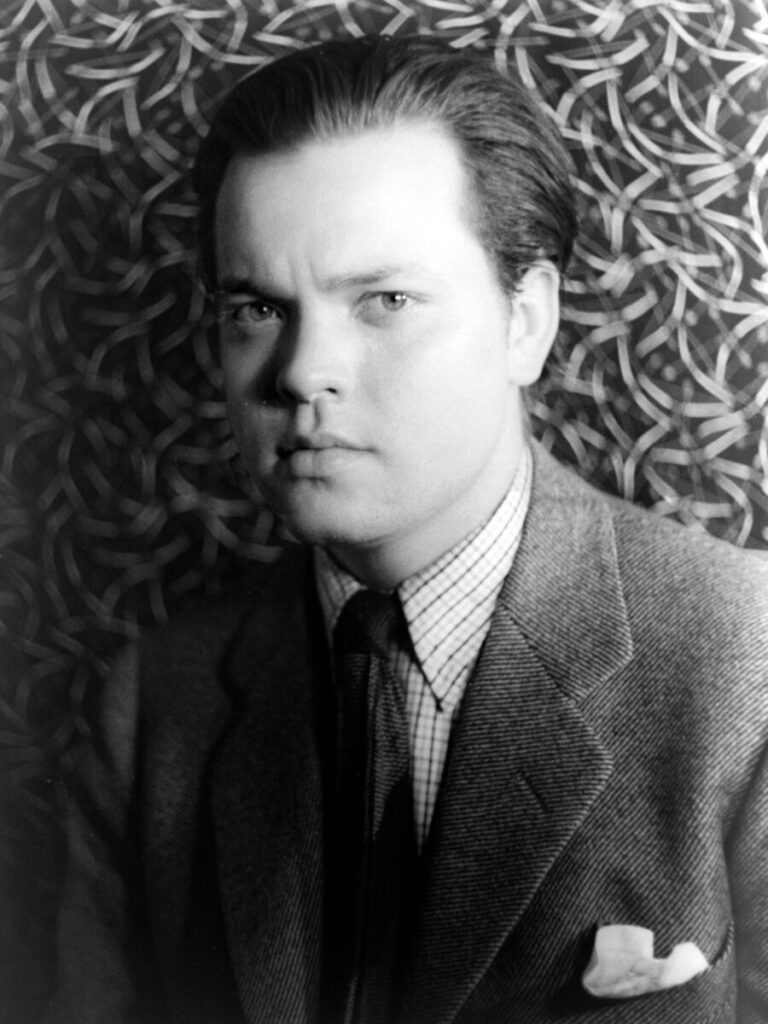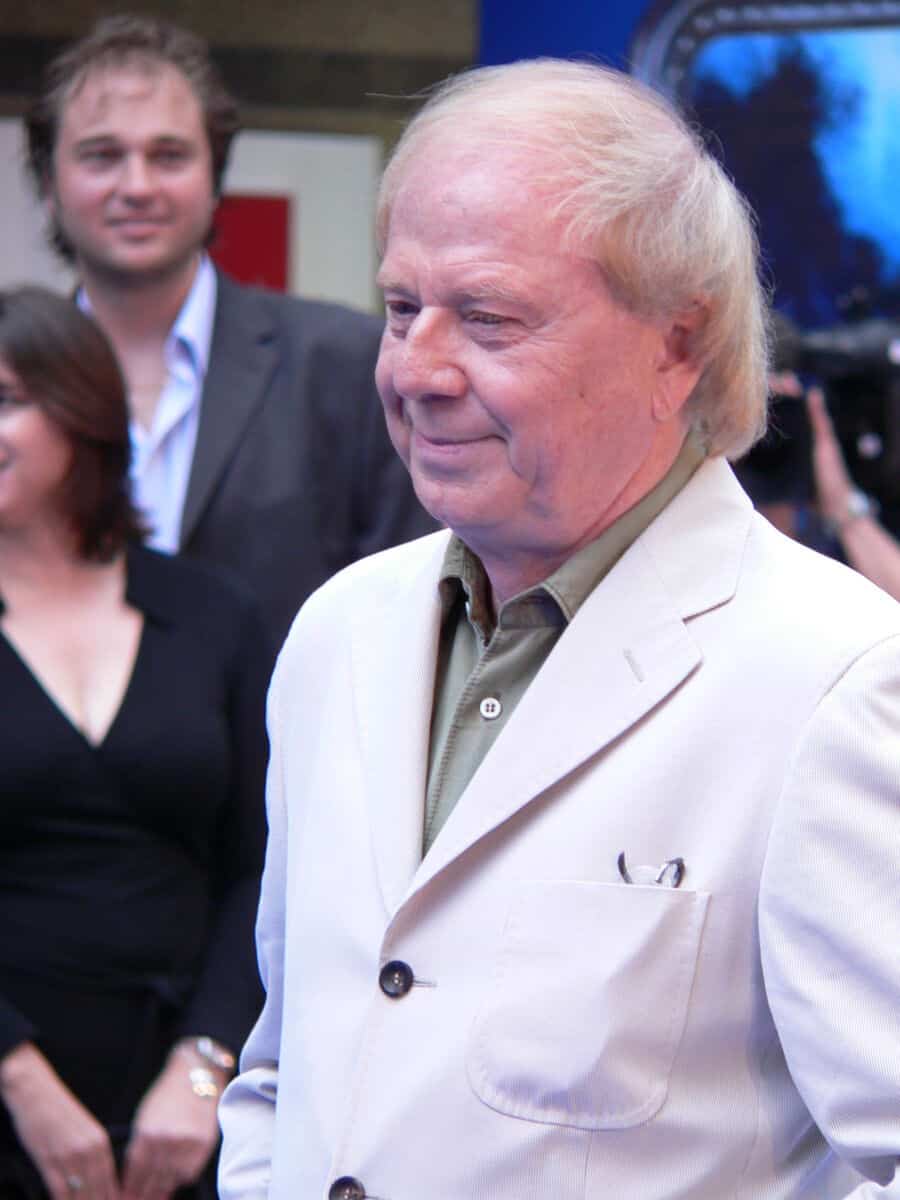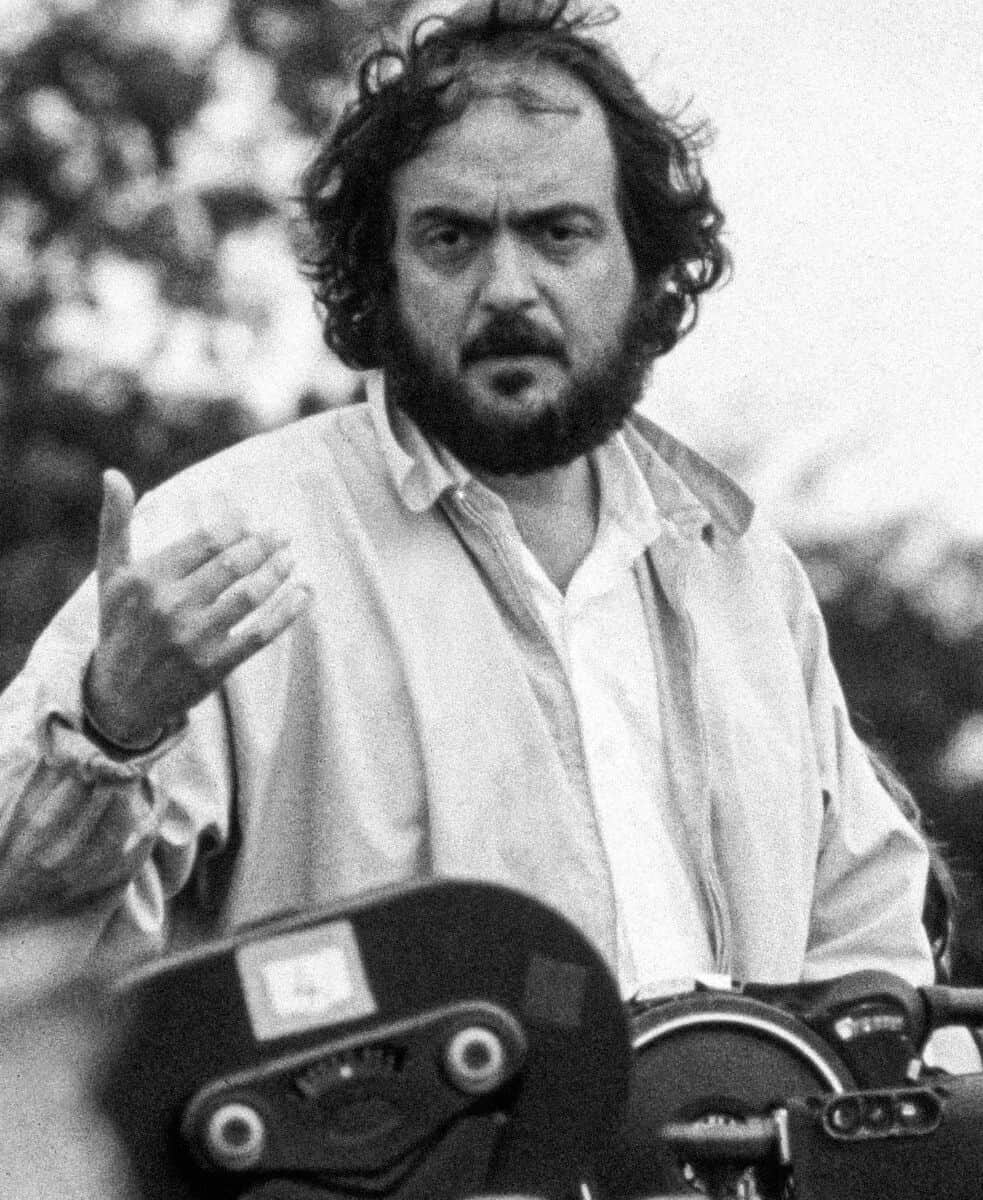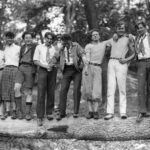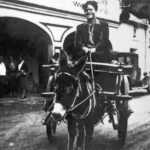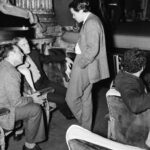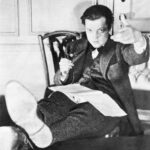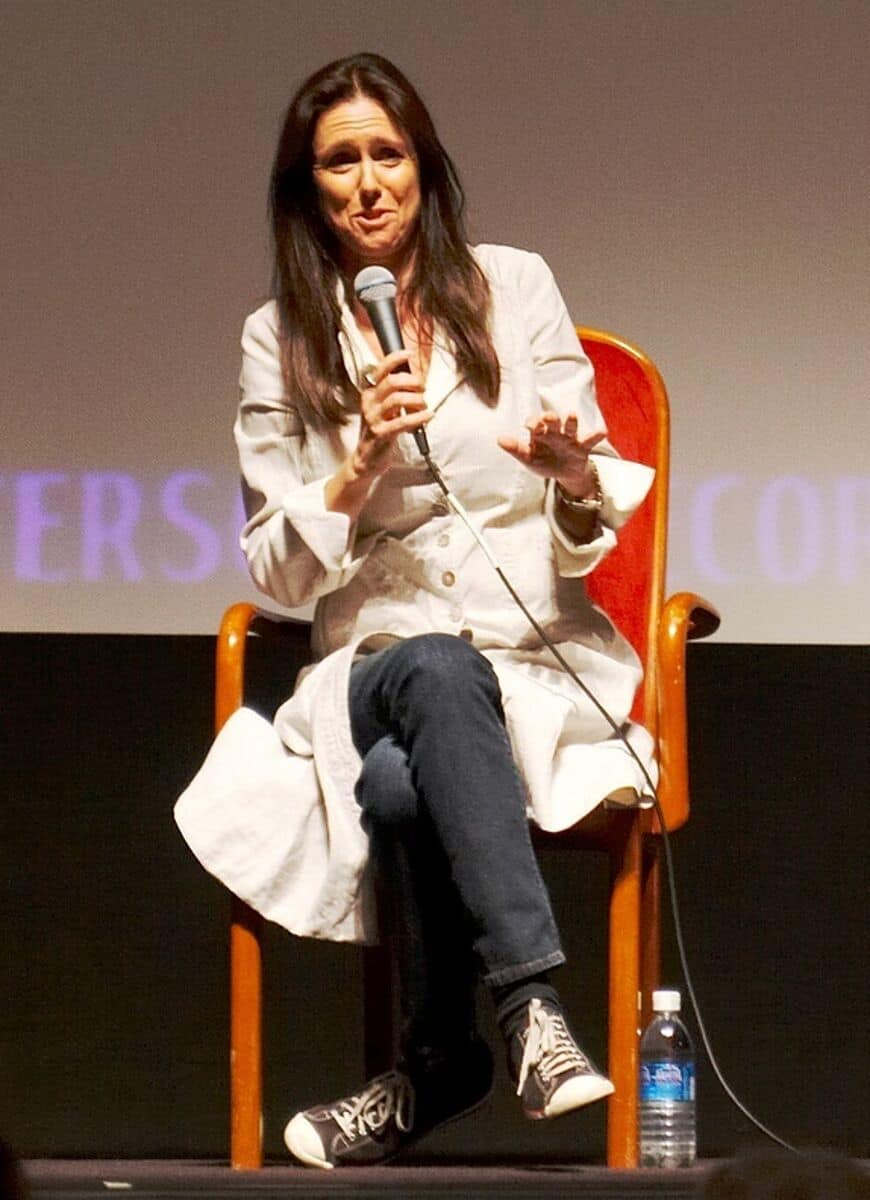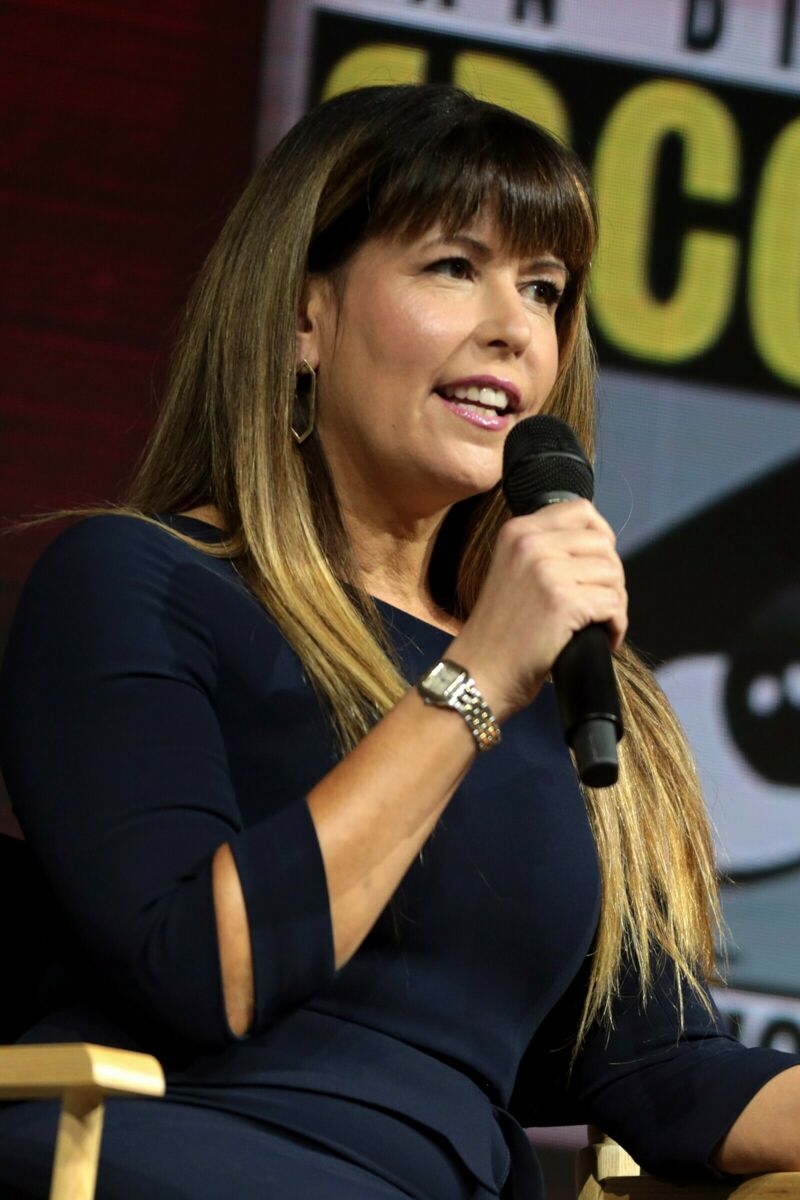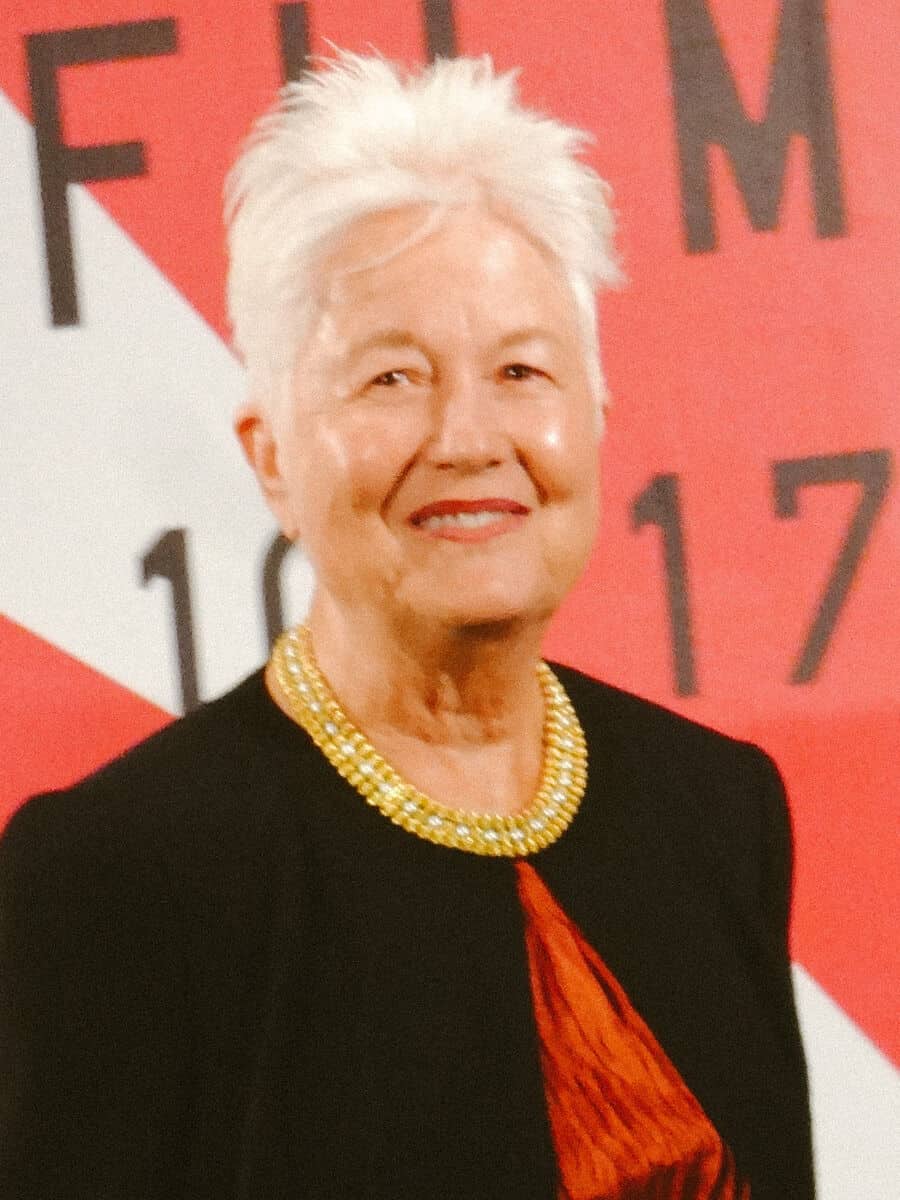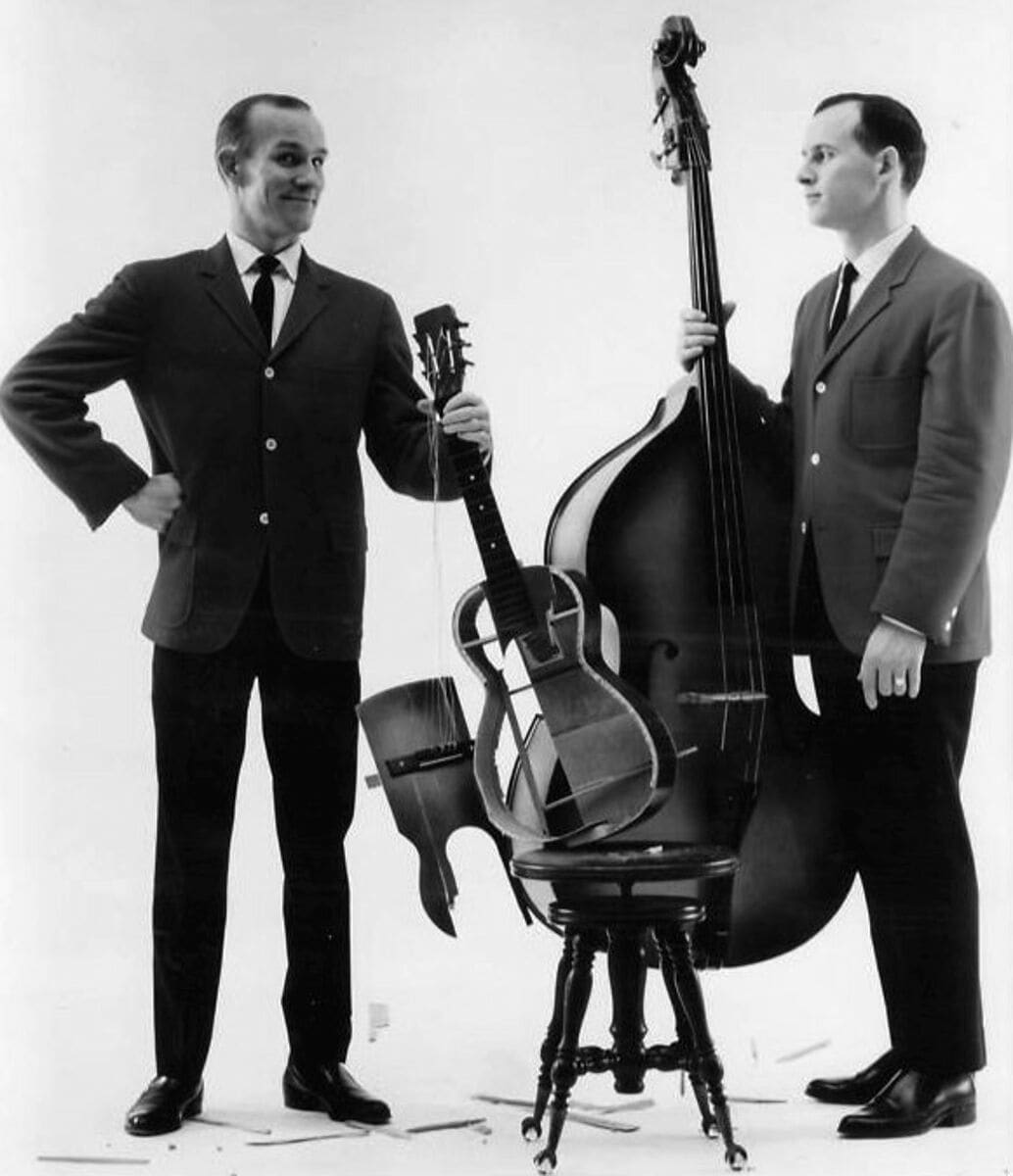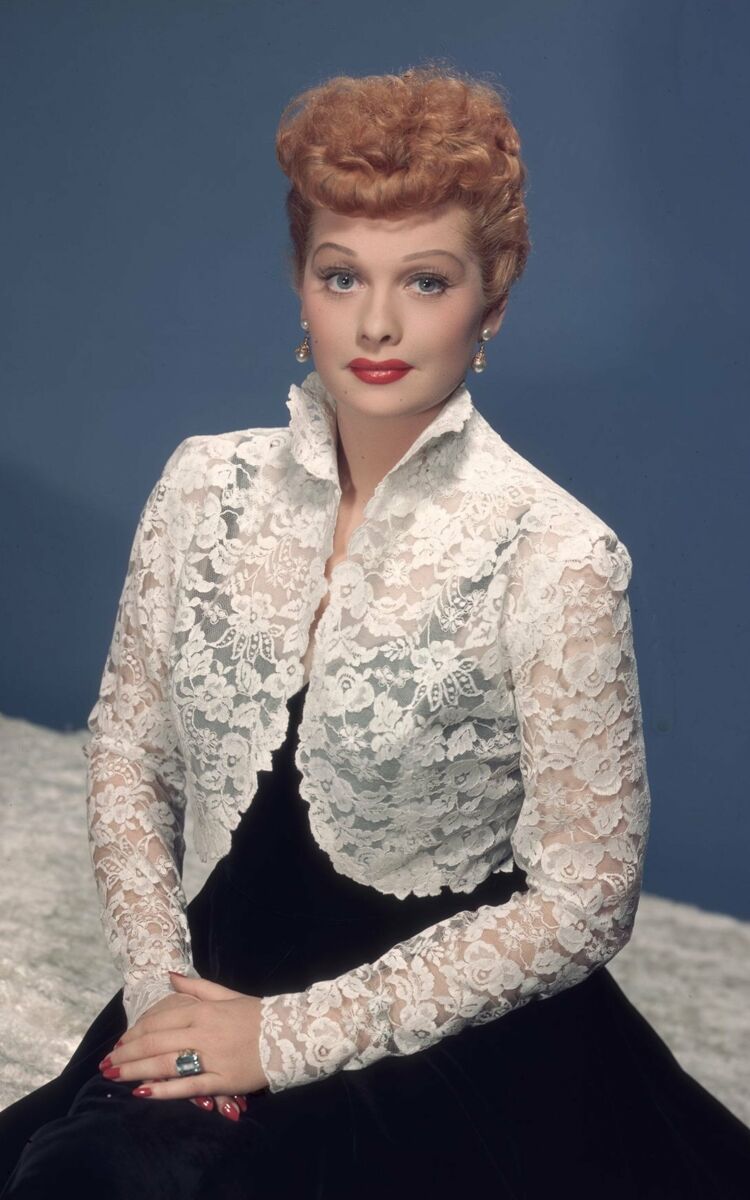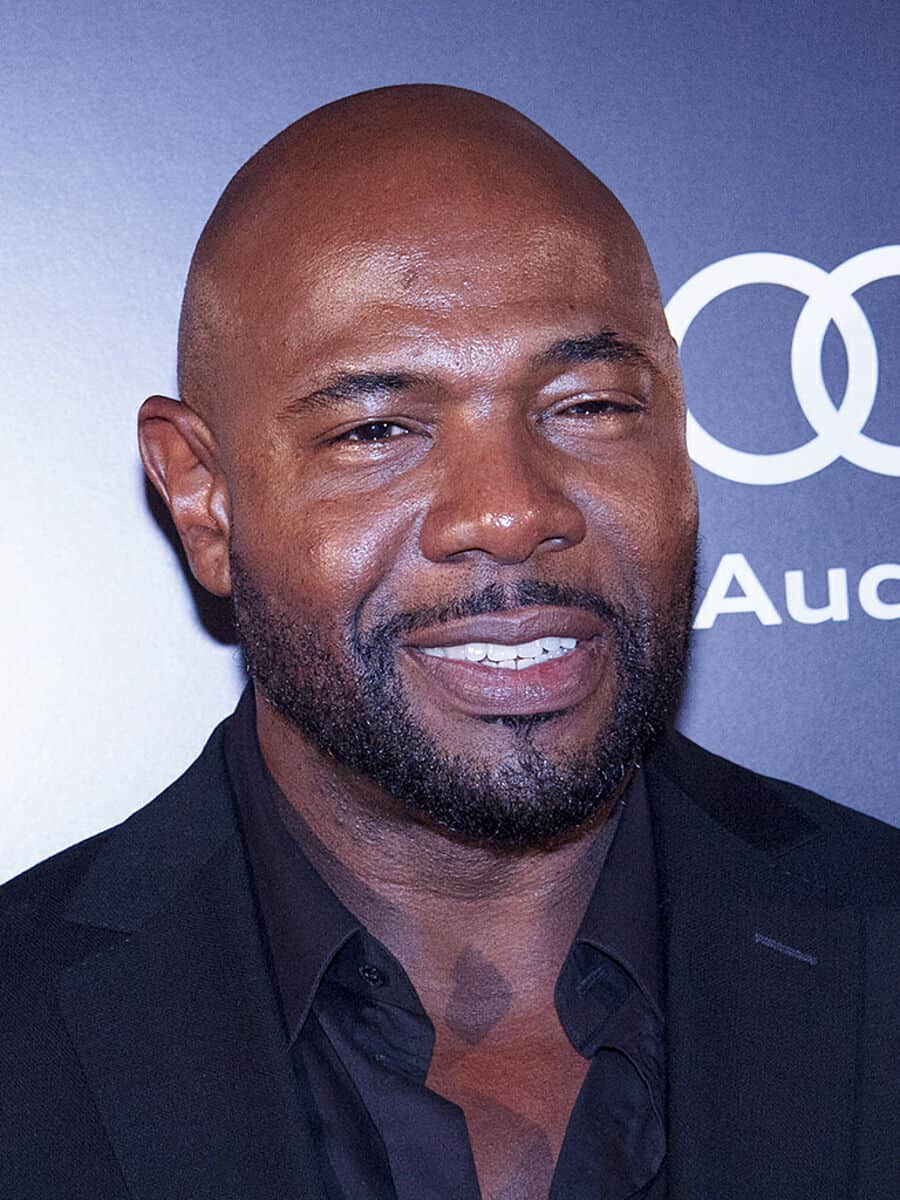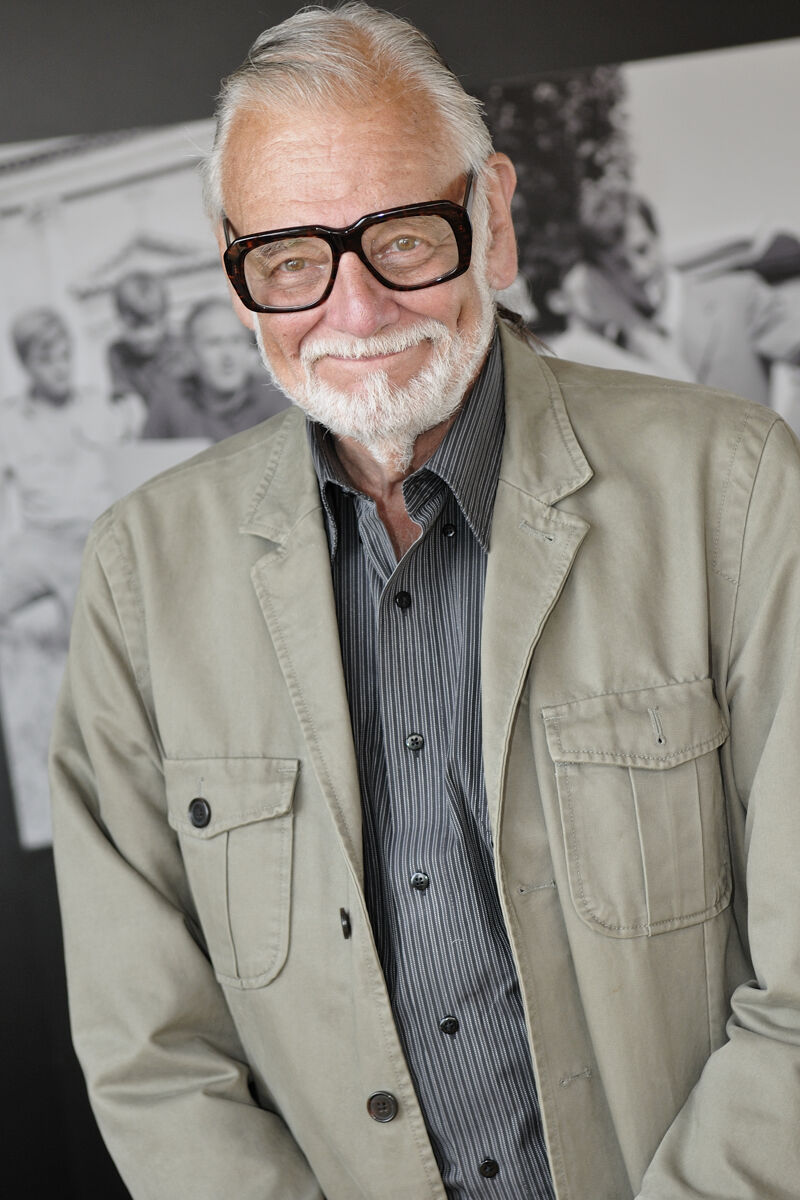Basic Information About Orson Welles
| Category | Celebrities › Directors |
|---|---|
| Professions | Film Director, Film Producer, Screenwriter, Actor, Television Director, Playwright, Film Editor, Theatre Director, Costume Designer, Production Designer |
| Net worth | $20,000,000 |
| Date of birth | 1915-05-06 |
| Place of birth | Kenosha |
| Date of death | 1985-10-10 (aged 70) |
| Nationality | United States of America |
| Curiosities and Trademarks | One of the most recognizable deep voices in all of film, radio or television. Frequently cast Joseph Cotten, Agnes Moorehead, Oja Kodar, Everett Sloane, Akim Tamiroff, Ray Collins, Erskine Sanford, and Paul Stewart Frequently wrote, directed, and/or starred in films that feature the rise and fall of the main character, often unmade by their own vices: Charles Foster Kane in Citizen Kane (1941), George Amberson Minafer in The Magnificent Ambersons (1942), Macbeth in Macbeth (1948), Othello in The Tragedy of Othello: The Moor of Venice (1951), Gregory Arkadin in Confidential Report (1955), Detective Hank Quinlan in Touch of Evil (1958), Sir John Falstaff in Falstaff (Chimes at Midnight) (1965), and Jake Hannaford in The Other Side of the Wind (2018). Known for his use of low camera angles, tracking shots, deep focus, overlapping dialogue, and elaborate crane shots in his films. Often played characters decades older than his real age Frequently worked with filmmakers Peter Bogdanovich, John Huston, and Oja Kodar, cinematographer Gary Graver, and composers Bernard Herrmann, Angelo Francesco Lavagnino, and Michel Legrand. Frequently starts a film with the death of his main character, only to flashback and reveal the events leading up to their demise. Examples include: Citizen Kane (1941), The Tragedy of Othello: The Moor of Venice (1951), Confidential Report (1955), and The Other Side of the Wind (2018). Long takes Deep focus Expressionistic lighting Low angles |
| Spouse | Paola Mori - (8 May 1955 - 10 October 1985) (his death) (1 child) Rita Hayworth - (7 September 1943 - 1 December 1948) (divorced) (1 child) Virginia Nicolson - (14 November 1934 - 1 February 1940) (divorced) (1 child) |
| Gender | Male |
| Height | 6 ft (1.854 m) |
| Social Media | ↗︎ Wikipedia ↗︎ IMDb |
Famous Network of Celebrities with Similar Net Worth
What Movie Awards did Orson Welles win?
 Oscar |
 Golden Globe |
 Golder Raspberry |
 BAFTA |
Other |
|---|---|---|---|---|
| 0 | 0 | 0 | 0 | 11 |
Orson Welles awards
| Award Name | State | Movie / Series Name | Year |
|---|---|---|---|
| BSFC Award - Best Film Editing | Nominee | The Other Side of the Wind | 2018 |
| CFCA Award - Best Editing | Nominee | The Other Side of the Wind | 2018 |
| CinEuphoria - Best Screenplay - International Competition | Nominee | The Other Side of the Wind | 2019 |
| HPA Awards - Outstanding Editing - Feature Film | Nominee | The Other Side of the Wind | 2019 |
| ICS Award - Best Editing | Nominee | The Other Side of the Wind | 2019 |
| INOCA - Best Film Editing | Winner | The Other Side of the Wind | 2019 |
| SFFCC Award - Best Film Editing | Winner | The Other Side of the Wind | 2018 |
| Top 10 Film Award - Best Film | Nominee | Le procès | 1962 |
| Critics Award - Best Film | Winner | Le procès | 1964 |
| Golden Lion - Best Film | Nominee | Le procès | 1962 |
| Primetime Emmy - Outstanding Directorial Achievement in Variety or Music | Winner | Laugh-In | 1971 |
Orson Welles roles
| Movie / Series | Role |
|---|---|
| Casino Royale | Le Chiffre |
| Get Shorty | Police Captain Hank Quinlan (archive footage) (uncredited) |
| Catch-22 | General Dreedle |
| A Man for All Seasons | Cardinal Wolsey |
| History of the World: Part I | Narrator (voice) |
| The Muppet Movie | Lew Lord |
| The Transformers: The Movie | Unicron (voice) |
| King of Kings | Narrator (voice) (uncredited) |
| The Other Side of the Wind | Director |
| The Other Side of the Wind | Writer |
| Le procès | Director |
| Le procès | Writer |
| Le procès | Albert Hastler - The Advocate / Narrator |
| Butterfly | Judge Rauch |
| The Bible: In the Beginning... | Writer |
| Waterloo | Louis XVIII |
| Moonlighting | Orson Welles 1 episode, 1985 |
| The Name of the Game | Narrator 1 episode, 1970 |
| The Dick Cavett Show | Self - Guest / ... 4 episodes, 1970-1973 |
| Laugh-In | Guest Performer 1 episode, 1970 |
Orson Welles's Movie/Shows Salary
| Movie / Series | Salary |
|---|---|
| Jane Eyre (1943) | $100,000 |
| Follow the Boys (1944) | $50,000 |
| Tomorrow Is Forever (1946) | $20,000 |
| The Stranger (1946) | $50,000 |
| Macbeth (1948) | $100,000 (for acting, adapting and directing) |
| Black Magic (1949) | $100,000 |
| The Third Man (1949) | $100,000 |
| I Love Lucy (1951) | $15,000 |
| Trouble in the Glen (1954) | £10,000 |
| Around the World with Orson Welles (1955) | £75 per episode |
| Moby Dick (1956) | £6,000 |
| Lucy Meets Orson Welles (1956) | $5,000 |
| Man in the Shadow (1957) | $60,000 |
| The Long, Hot Summer (1958) | $150,000 |
| Touch of Evil (1958) | $125,000 |
| The Roots of Heaven (1958) | settlement of debts worth $15,000 |
| Compulsion (1959) | $100,000 |
| The Kremlin Letter (1970) | $50,000 |
Orson Welles's Quotes
- Even if the good old days never existed, the fact that we can conceive such a world is, in fact, an affirmation of the human spirit.
- [on pop idol Donny Osmond] He has Van Gogh's ear for music.
- I'm not very fond of movies. I don't go to them much.
- I started at the top and worked down.
- I'm not bitter about Hollywood's treatment of me, but over its treatment of D.W. Griffith, Josef von Sternberg, Erich von Stroheim, Buster Keaton and a hundred others.
Interesting Facts about Orson Welles
- Once ate 18 hot dogs in one sitting at Pink's, a Los Angeles hot dog stand.
- Welles' Oscar statuette sold for $861,542, when it was auctioned by Nate D. Sanders Memorabilia on December 20, 2011.
- H.G. Wells was driving through San Antonio, Texas, and stopped to ask the way. The person he happened to ask was none other than Orson Welles, who had recently broadcast "The War of the Worlds" on the radio. They got on well and spent the day together.
- ABC-TV wanted him to play Mr. Roarke on Fantasy Island (1977), but the series' producer, Aaron Spelling, insisted on Ricardo Montalban.
- He died on the same day as his Bitka na Neretvi (1969) co-star Yul Brynner: October 10, 1985.
- Ashes are buried inside an old well covered by flowers, within the rural property of the now-deceased, then-retired bullfighter Antonio Ordóñez, Ronda, Malaga, Spain.
- One of only six actors to receive an Academy Award nomination for Best Actor for his first starring role. The other five actors are: Paul Muni, Lawrence Tibbett, Alan Arkin, James Dean and Montgomery Clift.
- There is a longstanding urban myth that On October 30, 1938, he directed "The Mercury Theatre On the Air" in a dramatization of "The War of the Worlds", based on H.G. Wells's (whom coincidentally has a similar last name as Orson) novel. Setting the events in then-contemporary locations (The "landing spot" for the Martian invasion, Grover's Mill, New Jersey, was chosen at random with a New Jersey road map) and dramatizing it in the style of a musical program interrupted by news bulletins, complete with eyewitness accounts, it caused a nationwide panic, with many listeners fully convinced that the Earth was being invaded by Mars. The next day, Welles publicly apologized. While many lawsuits were filed against both Welles and the CBS radio network, all were dismissed. The incident is mentioned in textbook accounts of mass hysteria and the delusions of crowds. This has been completely debunked in Adam Ruins Everything: Adam Ruins Halloween (2017).
- Despite his reputation as an actor and master filmmaker, he maintained his memberships in the International Brotherhood of Magicians and the Society of American Magicians (neither of which are unions, but fraternal organizations), and regularly practiced sleight-of-hand magic in case his career came to an abrupt end. Welles occasionally performed at the annual conventions of each organization, and was considered by fellow magicians to be extremely accomplished.
- A bootleg tape of a short-tempered (and foul-mouthed) Welles arguing with a recording engineer during a voice-over session has been widely distributed. It was used as the basis for an episode of the animated series Pinky and the Brain (1995), with The Brain reading cleaned-up versions of Orson's rantings (the episode's title, "Yes, Always", is taken from one of Welles' complaints). Ironically, the actor who plays The Brain, Maurice LaMarche, dubbed the voice of the actor who portrays Welles in Ed Wood (1994).
- He was born on the same day that Babe Ruth hit his very first home run.
- He tried to make a film version of Miguel de Cervantes y Saavedra' book "Don Quixote". He started working on it in 1955 and continued to film through the 1970s with Francisco Reiguera and Akim Tamiroff starring. An incomplete version was released in Spain in 1992.
- Made a Hollywood satire, The Other Side of the Wind (2018), starring John Huston and Peter Bogdanovich. Though it was completed, the post-production process was not and the film also ran into legal problems.
- Posthumously inducted into the Radio Hall of Fame in 1988.
- Frank Sinatra was the godfather of his and Rita Hayworth's daughter, Rebecca Welles.
- Host/narrator of the BBC/Mutual Radio's "The Black Museum" (1952).
- He portrayed the title character on the syndicated radio show "The Lives of Harry Lime" (also known as "The Third Man") (1951-52). This was based on his character from the film The Third Man (1949).
- Has the distinction of appearing in both the American Film Institute and British Film Institute's #1 movie. For AFI, it was Citizen Kane (1941). For BFI, it was The Third Man (1949). Welles shares this honor with Joseph Cotten, who also starred in both movies.
- He was the studio's first choice to play the voice-over role of OMM in THX 1138 (1971). However, director George Lucas insisted on casting the relatively unknown stage actor James Wheaton instead.
- Has provided voice for some songs by the heavy metal band Manowar: "Dark Avenger" and "Defender".
References & Fact Checks ✅
- 1/ Filename: orson-welles-1918-2X4u22wD.jpg
-
- Checked: ✅ Yes (2023-07-04 04:14:03)
- Source URL: https://en.wikipedia.org/wiki/File:Orson-Welles-1918.jpg
- Original Source:
Radio and Television Mirror, Volume 13 Number 1 (page 30) - Author: Macfadden Publications, Inc.; no photographer credited
- Date taken: November 1939 — photo dates to 1918, perhaps at the time of the Armistice of 11 November 1918
- 2/ Filename: orson-welles-birthplace-2013-Bp9J93D5.jpg
-
- Checked: ✅ Yes (2023-07-04 04:14:05)
- Source URL: https://en.wikipedia.org/wiki/File:Orson_Welles_Birthplace_2013.jpg
- Original Source:
Orson Welles Birthplace - Author: Teemu008 from Palatine, Illinois
- Licence: Creative Commons Attribution-Share Alike 2.0 Generic license.
- Date taken: 14 June 2013, 13:37
- 3/ Filename: welles-and-beatrice-ives-welles-P65195b6.jpg
-
- Checked: ✅ Yes (2023-07-04 04:14:06)
- Source URL: https://en.wikipedia.org/wiki/File:Welles-and-Beatrice-Ives-Welles.jpg
- Original Source:
Radio and Television Mirror, Volume 13 Number 1 (page 30) - Author: Macfadden Publications, Inc.; no photographer credited
- Date taken: November 1939 publication
- 4/ Filename: orson-welles-1926-3d141bxd.jpg
-
- Checked: ✅ Yes (2023-07-04 04:14:08)
- Source URL: https://en.wikipedia.org/wiki/File:Orson-Welles-1926.jpg
- Original Source:
Self scan of image as reproduced in The Saturday Evening Post for January 20, 1940 (page 9) - Author: De Longe Studio, Madison, Wisconsin
- Date taken: 19 February 1926
- 5/ Filename: welles-todd-schoolmates-1931-50qlK5D0.jpg
-
- Checked: ✅ Yes (2023-07-04 04:14:09)
- Source URL: https://en.wikipedia.org/wiki/File:Welles-Todd-Schoolmates-1931.jpg
- Original Source:
Radio and Television Mirror, Volume 13 Number 1 (page 30) - Author: Macfadden Publications, Inc.; no photographer credited
- Date taken: November 1939 — photo dates to 1931 per Roger Hill's One Man's Time and Chance, page 81
- 6/ Filename: welles-ireland-1931-M6jpi3Rb.jpg
-
- Checked: ✅ Yes (2023-07-04 04:14:11)
- Source URL: https://en.wikipedia.org/wiki/File:Welles-Ireland-1931.jpg
- Original Source:
Radio and Television Mirror, Volume 13 Number 1 (page 30) - Author: Macfadden Publications, Inc.; no photographer credited
- Date taken: November 1939 — photo dates to 1931
- 7/ Filename: panic-playbill-interior-1935-g1JP0XKu.jpg
-
- Checked: ✅ Yes (2023-07-04 04:14:12)
- Source URL: https://en.wikipedia.org/wiki/File:Panic-Playbill-Interior-1935.jpg
- Original Source:
Self scan of original theatre playbill - Author: Phoenix Theatre, Inc., Archibald MacLeish
- Date taken: 14 March 1935
- 8/ Filename: macbeth-39-carter-murderers-0553h686.jpg
-
- Checked: ✅ Yes (2023-07-04 04:14:14)
- Source URL: https://en.wikipedia.org/wiki/File:Macbeth-39-Carter-Murderers.jpg
- Original Source:
Library of Congress American Memory Collection - Author: Federal Theatre Project
- Date taken: April 1936
- 9/ Filename: horse-eats-hat-42-houseman-welles-E7e5Qe6f.jpg
-
- Checked: ✅ Yes (2023-07-04 04:14:16)
- Source URL: https://en.wikipedia.org/wiki/File:Horse-Eats-Hat-42-Houseman-Welles.jpg
- Original Source:
Library of Congress, image 42 of 62 - Author: Federal Theatre Project
- Date taken: August 1936 Rehearsals took place in August 1936 per John Houseman's autobiography, Run Through (1972), page 216.
- 10/ Filename: welles-american-1938-h4Pg4l18.jpg
-
- Checked: ✅ Yes (2023-07-04 04:14:18)
- Source URL: https://en.wikipedia.org/wiki/File:Welles-American-1938.jpg
- Original Source:
Self scan from The American Magazine for June 1938 (p. 88) - Author: Crowell Publishing Company, photographer not credited
- Date taken: June 1938

